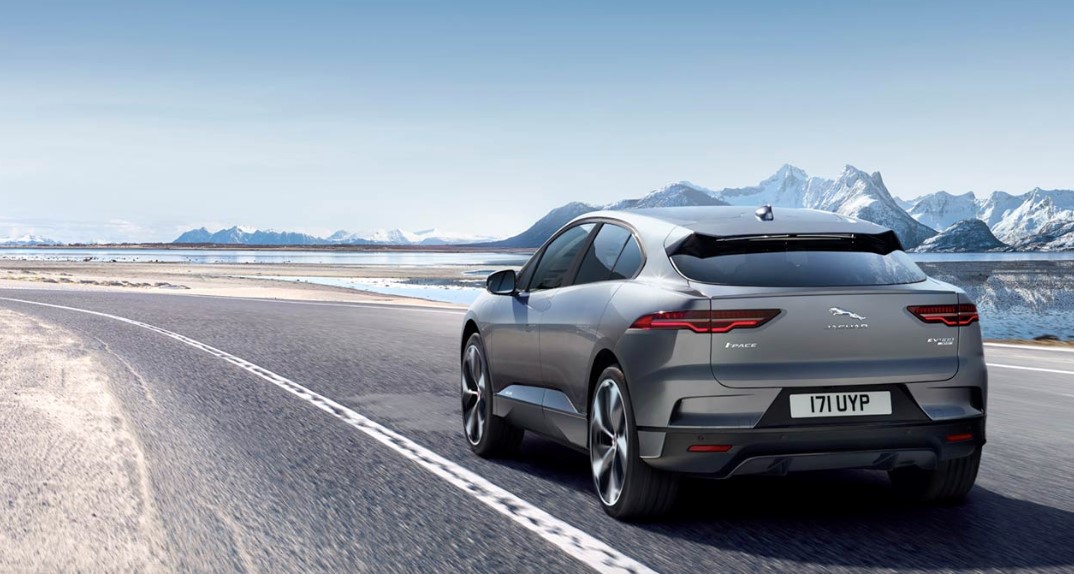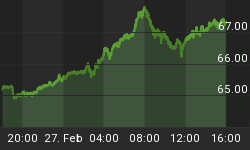Waymo isn’t just planning to be the first company to offer fully autonomous ride-hailing services in the world, and to beat Uber at the self-driving game. It’s planning to be the first one to do it with high class—joining forces with Jaguar.
The self-driving car company created by Google has announced it will include up to 20,000 Jaguar I-PACE electric vehicles in its upcoming autonomous fleet as part of a long-term partnership between the companies.
Launched earlier this month, Jaguar’s I-PACE is the brand’s first battery-powered vehicle.

(Click to enlarge)
At a press event in New York City earlier this week, Waymo said it expected to begin production on the cars equipped with its technology in 2020, hoping to provide one million rides per day by 2022.
The partnership, worth up to $1.5 billion, is a further mark of Waymo’s ambition in the race against time to beat Uber to the definitive finish self-driving finish line for a driverless ride-hailing service.
Waymo is setting its sights on Uber territory by launching a ride-share service, and it’s also taken advantage in the public sphere of the recent self-driving fatality involving Uber.
In late January, Arizona authorities granted Waymo a permit to operate as a transportation network company (TNC) across the state.
In Waymo’s fleet, Jaguars are set to join the Chrysler Pacifica, which has already been used extensively in testing for the company’s autonomous driving technologies.
Since April last year, Waymo has been running a pilot program that lets people hail rides in its cars, at first with safety engineers present, but fully driverless since November last year.
Newly-released research from AAA documenting consumer attitudes toward self-driving vehicles shows that most of U.S. drivers are still uncertain about the self-driving car, but less so that earlier. Related: Ford Flops In China As Rivals Gain Ground
Research found that 63 percent of U.S. drivers would be afraid to ride in a fully self-driving vehicle--but that’s down from 78 percent a year ago.
As expected, Generation X (70 percent) and Baby Boomers (68 percent) are more likely to be afraid than Millennial drivers (49 percent). As more of these vehicles hit the roads, fears are expected to diminish significantly.
An argument that benefits the self-driving cars industry is the fact that when it comes to car accidents, 94 percent of incidents involve human error.
Waymo had previously said it was discussing collaboration with Honda; however, that relationship failed to materialize and Honda declared recently its intention to bring its own fully autonomous vehicle to the market by 2025.
Waymo is competing with rivals General Motors Co and Uber Technologies to deploy such vehicles for the masses.
Waymo sued Uber for stealing its trade secrets and in February, accepted a $245 million settlement.
Earlier this month, a woman was killed by a self-driving Uber that was being tested in Tempe, Arizona, and the state governor suspended Uber’s self-driving tests. At a conference last week, Waymo suggested that the fatal incident would not have occurred had it been their vehicle on the road.
Uber, Waymo, and other autonomous vehicle developers choose Arizona for testing due to an apparent lack of restrictions and regulatory hurdles.
By Tom Kool for Safehaven.com
More Top Reads From Safehaven.com:
















